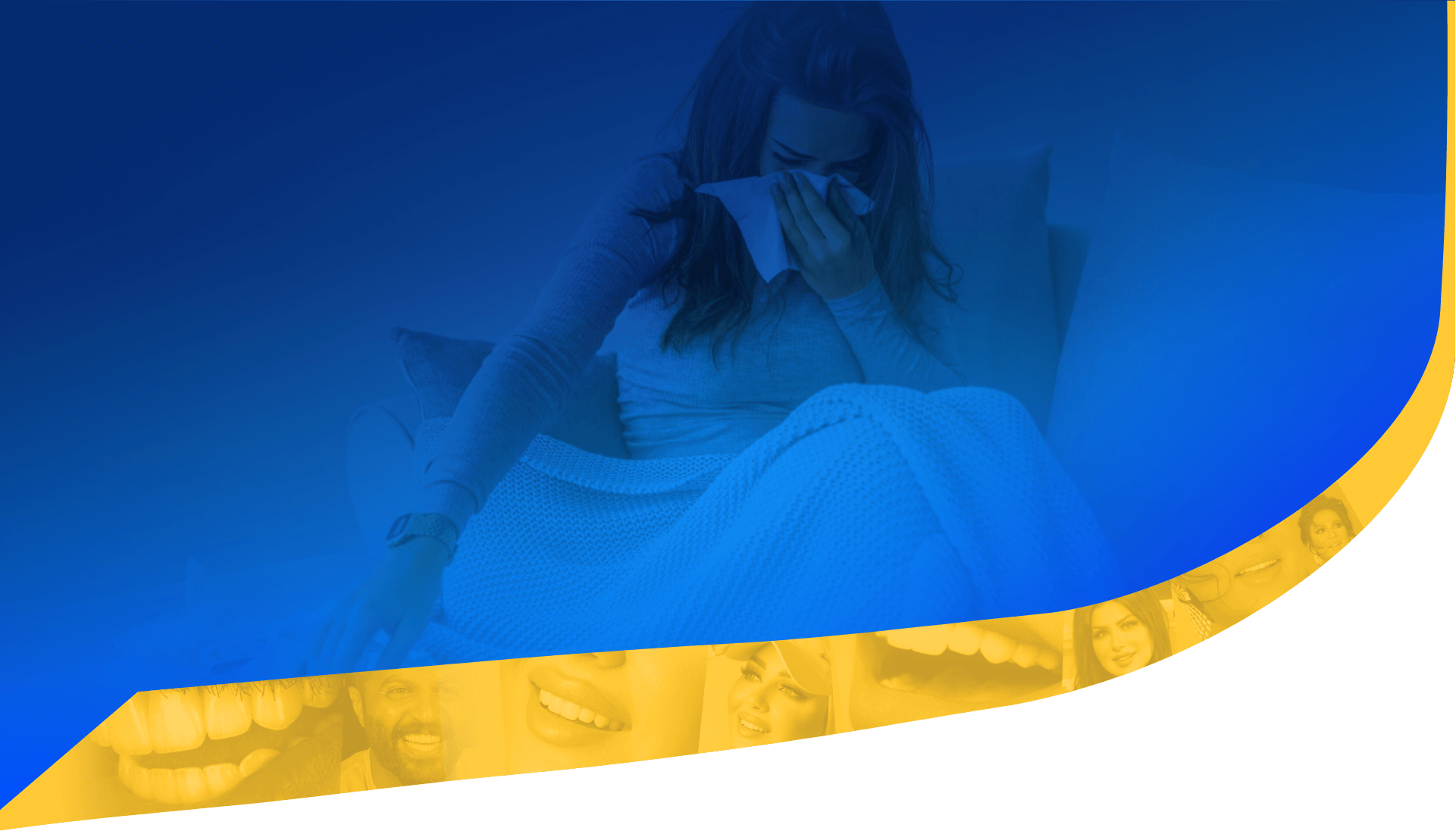Oral Fungus

Oral fungi are micro-organisms that coexist with body cells and bacteria in the mouth. Fungi don't just infect the mouth, they can infect you in any other part of your body.
-
1How to develop oral fungus?
There is a small amount of fungi inside the mouth of all living organisms, including humans. However, beneficial oral bacteria cooperate with other microorganisms to keep only small amounts of these fungi. However, certain health diseases, stress, or even antibiotic use can kill large amounts of beneficial bacteria, thus opening the way for fungi to multiply and grow in a difficult way.
Fungi may infect anyone, they are not limited to a certain group of people. However, infection is more common in young children, older adults, and people with weakened immune systems. Medications that produce fungal disease as a side effect as it disturbs the balance of microorganisms in the mouth: Anti-inflammatories (cortisone) Antibiotics Pills
-
2Health diseases or infections that increase the growth of oral fungi include:
- Diabetes
- HIV infections (AIDS)
- Cancer
- Anemia diseases
- Dry mouth
- Pregnancy (due to changes in the hormones of the pregnant woman's body)
- If you are a smoker or who uses dentures incorrectly, your chance of getting fungi is very high.
It is worth mentioning that children with fungi transmit the disease to their mothers while breastfeeding.
Treatment of fungi is easy and the chances of success are very high in healthy children, but it is difficult to treat for children with weakened immune system.
-
3What are the symptoms of fungal infection?
Symptoms of fungi appear suddenly and without any introductions, and the disease can become chronic, or last for a very long time.
Common symptoms of fungi includes white and coarse-textured marks or effects inside the mouth - usually on your tongue or cheeks from the inside - but also on the roof of the mouth from the top, on the gums, tonsils or your field from behind.
Fungal infections are very painful and may sometimes bleed when scratching or brushing teeth. In most cases, these spots or effects extend to the esophagus, causing other symptoms, including:
- Pain or difficulty swallowing
- Feeling that the food is stuck in the right or the middle chest area
- High body temperature in case of damage or injury to the esophagus
- Fungi may spread to other parts of the body, such as the liver, lung, and skin.
This is more common in cancer patients and people with AIDS or in people who do not have a healthy immune system.
-
4How is the diagnosis of fungus:
If the mouth is injured:
- Your doctor makes a diagnosis of the disease by examining your mouth. It looks for traces or spots characteristic of the disease inside your mouth, on your tongue, or on the inside of your cheeks. He brushes these white traces gently and produces redness and minor bleeding to this area of the mouth. Your doctor may remove living tissue from the area suspected of being infected by the fungus and examine it with a microscope to confirm a diagnosis.
If the esophagus is injured:
- Your doctor performs other tests, including taking a sample of the throat (the throat is scanned from the back with a sterile cotton to study or examine the germs microscopically).
- The patient's condition may sometimes require an internal medical examination, including the esophagus, stomach, and small intestine (where the doctor examines the inner lining of these organs of the body with a small portable camera or mounted on the tip of a delicate tube that passes through these parts of the body.
- Another way to detect the disease is to use X-rays to take pictures of the esophagus.
-
5How can fungi be treated?
- Anti fungal medications: These medications are taken for a period of 10 to 14 days. These medications are available in the form of tablets - lozenges - or liquids that the patient is required to use for gargling before ingesting them.
- Your doctor will use certain treatments that depend primarily on your age, cause and type of infection.
- Since the appearance of infections or health damage to bleached fungi indicates health problems other than fungi, your dentist may suggest seeing a specialist to examine you and diagnose your condition exactly and then determine the appropriate way to treat you.
-
6How to avoid oral fungi?
Follow oral and dental hygiene guidelines:
- Brush your teeth with a soft toothbrush after every meal
- Floss at least once a day
- Avoid mouthwash, these products disrupt the balance of microorganisms inside the mouth
- Visit your dentist regularly, especially if you have diabetes or are using dentures
- Make a dental cleaning visit at least every six months to remove hard-to-reach plaque
- Rinse with warm water and salt or mouthwash that specializes in gum health. Avoid eating between the three main meals
- Avoid eating foods high in carbohydrates to prevent the formation of plaque on the teeth
- Eat foods that are high in fiber such as "apples, carrots, brown bread"
- Quitting Smoking: Consult your dentist on the best ways to help you stop smoking.




















comment